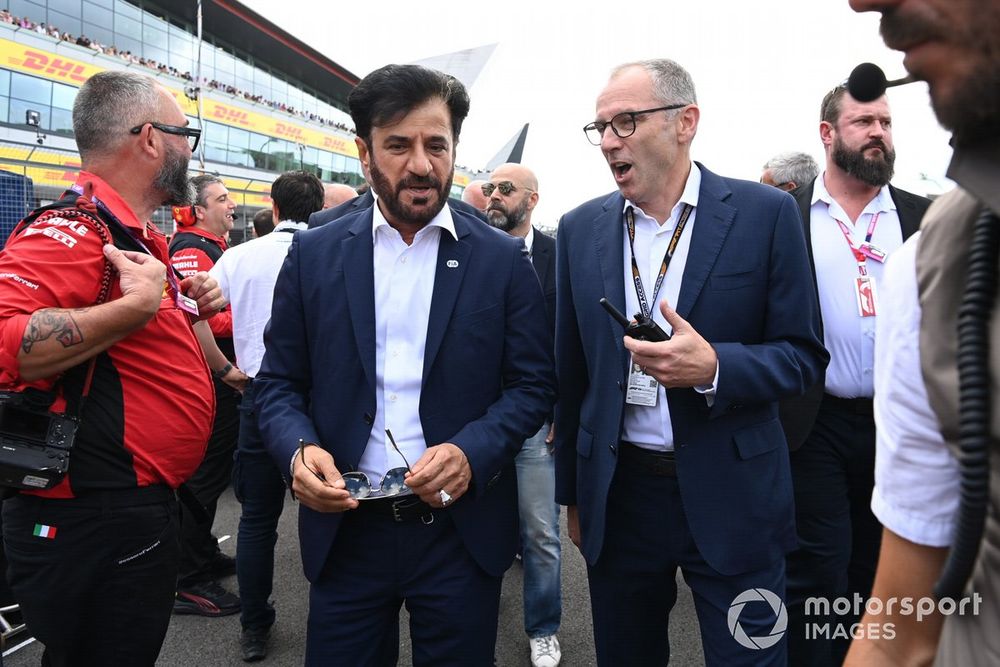Liberty Media and Formula 1 have done some great things for the championship since 2017, but last week they scored what some may see as an own goal.
Exactly seven years and seven days after the official handover from former boss Bernie Ecclestone to new CEO Chase Carey, F1 issued a statement explaining why a future Andretti Cadillac entry would not be accepted.
The fact that the answer was no was not exactly a surprise, given what a headache adding an 11th team would be for F1 ahead of Concorde negotiations with the 10 incumbents.
As the statement drily noted, “our assessment did not involve any consultation with the current F1 teams. However, in considering the best interests of the championship we took account of the impact of the entry of an 11th team on all commercial stakeholders in the championship”.
What stood out were some of the reasons used to justify the decision, notably the line that “while the Andretti name carries some recognition for F1 fans, our research indicates that F1 would bring value to the Andretti brand rather than the other way around”.
The statement caused a storm, particularly among US fans, who are well aware that the Andretti name far transcends motorsport in their country, the same nation that F1 is so eager to conquer.
They could also point out that a few days earlier a sister Andretti team won a Formula E race, beating among others a rival called McLaren…
The rejection also caught the attention of the FIA. In the past, all the way up to Haas in 2016, new entries were its responsibility, and Ecclestone had little say. That changed under the latest Concorde Agreement, which includes a “dilution fee” of $200 million that will be shared among the 10 teams, and now gives F1 the final say.
FIA president Mohammed ben Sulayem and F1 CEO Stefano Domenicali have been heavily involved with Andretti’s application
Photo by: Mark Sutton / Motorsport Images
Andretti Cadillac is the first team to have made it through the initial stage of this new two-step process by gaining approval from the FIA after a rigorous analysis and a series of meetings. The matter was then passed to F1 for what was ostensibly mainly a commercially focussed assessment.
The fact that F1 then made much of the technical aspects of the bid appeared to pull the rug from under the FIA – if the governing body had studied and approved that side, why was F1 now challenging that decision? That has to be…
Click Here to Read the Full Original Article at Motorsport.com – General – Stories…

